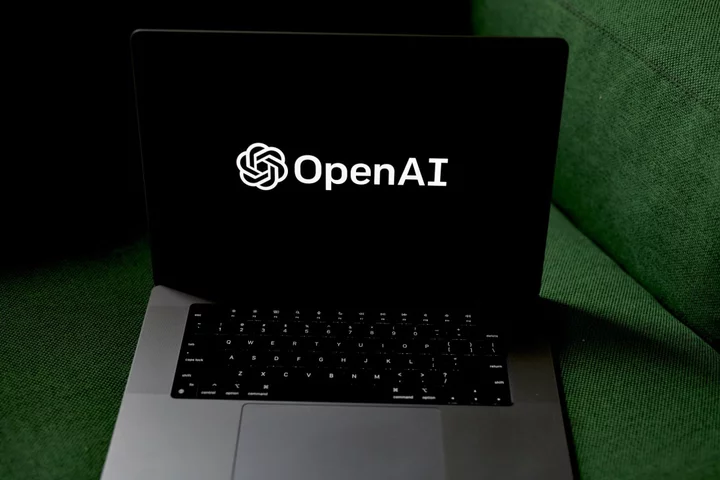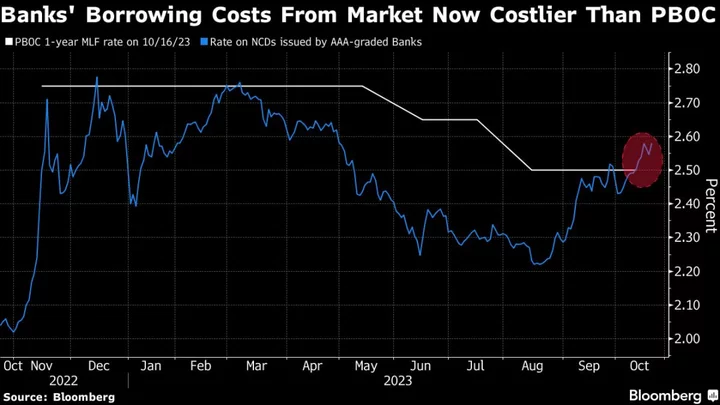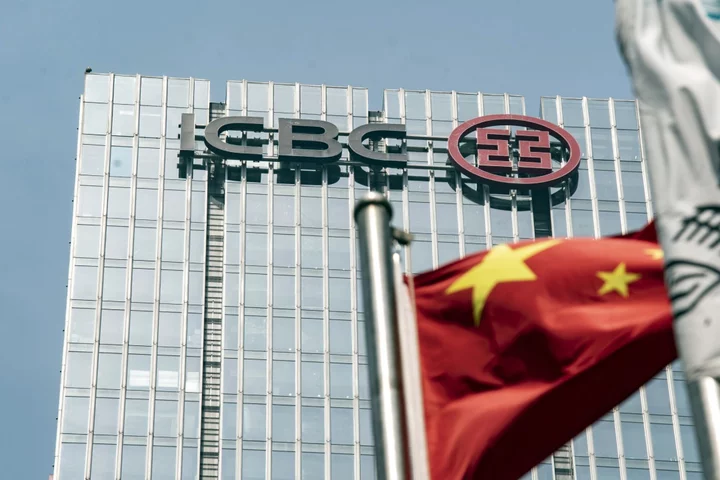OpenAI is sticking with a plan to let employees sell shares in the company through what’s known as a tender offer, and it’s giving would-be participants an extra month to decide whether to take part, according to several people with knowledge of the matter.
OpenAI had been in talks to sell shares in a deal that would value the artificial intelligence pioneer at $86 billion, people with knowledge of the matter told Bloomberg in October. But concerns it might not proceed as planned emerged earlier this month amid the turmoil that led to the firing — then quick re-hiring — of Chief Executive Officer Sam Altman.
Some investors dropped out of the tender offer following the shock ouster, one person with knowledge of the discussions said. But after Altman was reinstated as CEO, there was enough demand from investors to cover the dropouts’ portion of the deal, said this person, who asked not to be identified discussing private information.
In light of the recent events, the company is giving employees an extra month — until Jan. 5, to opt in, the people said. Previously, the tender was due to close in early December, people had said. A representative of OpenAI declined to comment.
A valuation of $86 billion vaults OpenAI into the ranks of the world’s most valuable startups. It’s a dizzying rise for the company that touched off the tech industry’s frenzy for AI with its release of ChatGPT a year ago, becoming Silicon Valley’s most prominent AI startup.
Closely held companies use tender offers like this one to give employees a chance to unlock the value of their holdings in the period before an initial public offering. It also gives investors the chance to snap up more equity.
--With assistance from Rachel Metz.
Author: Shirin Ghaffary, Ed Ludlow and Gillian Tan









